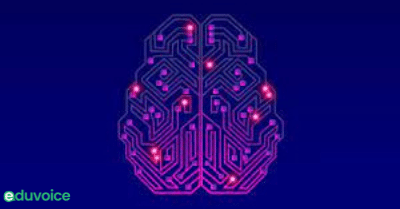By Nafisa KhatoonThe course will encourage students to create projects using indigenous solutions to solve local challengesTo increase technology integration in schools, the CBSE has introduced Artificial Intelligence (AI) and the Internet of Things (IoT) in the school curriculum from classes VI to X. The initiative was launched jointly by NITI Aayod and Atal Tinkering […]
Tag Archives: data science
By pursuing a course in Data Science, students can upskill themselves in various domains that would make them job relevant for diversified roles in industries ranging from Telecommunications, Aviation, Agriculture, Banking, Healthcare, etc. Fresh graduates studying data science are quickly getting absorbed as they are introduced to some mathematical topics along with programming languages including […]
We are part of a competitive world, and there are spaces where a lot is expected these days from a student, whether its academic excellence or being extremely skillful. Talking about the varied approaches made by companies to collaborate with universities on a global level, is something to ponder upon.
IIT Roorkee has launched two new MTech programs under the recently established Centre for Artificial Intelligence and Data Science (CAIDS). Artificial Intelligence (AI) and Data Science (DS) have the power to solve real-life problems and benefit humankind by harnessing valuable information from big data. Academicians, professionals, policymakers, and business leaders are working towards creating a […]
“There are two things that build the foundation of students’ minds: one is the course material which according to me is well sufficient and the other is how students intake it.” – Ms. Manisha Dhingra. In a world that is increasingly becoming a digital space, around 2.5 Exabytes of Data is collected each day. Every […]
Whenever we are working in a company or business, there comes a time when you are facing issues and you need solutions for that. Some problems need proper data mining and analysis. You need to dig in data to find the optimum solution. That’s where Data Science comes into play. A person that can help […]
We are currently living in the world full of data, as this is an era of Artificial Intelligence where facts and figures are everywhere. Earlier we had statisticians who were appointed by the companies so that they could analyse the statistics and help them in making the most profitable decisions for company. This phenomenon gave birth to […]







